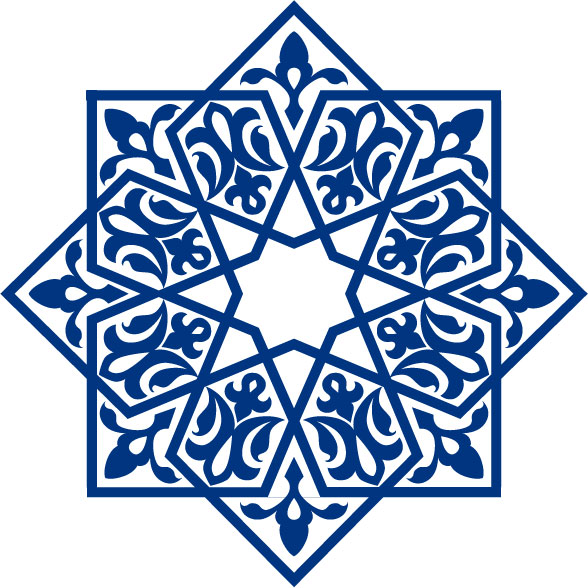There he goes, now in his forties, returning to the university he once attended, to the city that gave him a love for life, for beauty, and for freedom. He wants to relive that “new beginning” the city gave him in his twenties. But it doesn’t work.
He wants to bury the garbage, the emotional baggage, of the past years in the city’s long summer days and to relish its romantic nights where colors, sounds, and the languages of the body, mind, and spirit blend together. He wants to steal some of the energy exuded by the youth gathering in the corners of the city and by an ever-expanding cultural arena. He wants to rekindle his love for reading by frequenting libraries and to rediscover the pleasure he used to take in challenging deep-set convictions and familiar patterns by surrendering to the charm of literary and poetic events, avidly watching plays (before the summer theatre holiday), and going to the cinema.
But his baggage guides his steps and sets his path, and herein lies the difference between his first stay in Berlin and the current one. He wonders about the baggage plaguing his life and reassures himself that it is just the remnants of his will to achieve love, life, beauty, and freedom in his homeland and to abandon his stays abroad and his exile, which seem like a predestined fate. He tries to reassure himself, telling himself the baggage is nothing more than wisps of an unfulfilled dream of a just country, one in which he actively contributes to the quest for democracy, equality and sustainable development. He tells himself that the baggage was a bitter reminder of the injustice to which he has fallen prey and the harm inflicted on him courtesy of the sultans, the McCarthyists of the ‘absolute truth,’ the voices of hegemony and dictatorship, and the other foolish figures whose nonsense did not lure him. Yet he was later compelled by an innate sense of self-defense to waste some of his time and effort in a vain attempt to confront them. He reassures himself that this baggage is merely a product of his mental restlessness, in a bid to weigh the results of his personal defense of the principles of democracy. He is also trying to assess his role and the sacrifices he has made in this regard throughout the structured journey of an academic. He reassures himself that the baggage reflects his purely human fear of oppression and his fear for the moral and values-based cohesion which would be undermined should the quest for democracy be abandoned. Not to mention the fear of fear itself and then the public acknowledgement of its existence, and resisting that fear by denouncing injustice and abuses rather than condoning them. He pauses for a while, only to realize that his baggage has now invaded most aspects of his life, which comes as no surprise, and that he has understated its impact on his life.
When he first came to Berlin, he was entranced by its love for life and captivated by its beauty. The city’s freedom shook his tightly held convictions and upended his verbal, emotional and intellectual patterns which wrongly claimed a monopoly on absolute truth. It belied the stereotypes related to the concepts of good and evil, of right and wrong. These conceptions stem from a feeling of superiority and a pathological willingness to seek neutral stances and to hide in their shadows, thus abdicating the freedom of choice and refusing to confront its consequences. He had managed to get rid of that baggage the first time, along with other baggage having to do with freely managing one’s privacy and drawing the line between personal freedom and respecting the rights and freedoms of others. He got rid of it all, casting it off it in the city’s days and nights. He drowned it in its narrow river and its lakes surrounded by the forests, which in their turn have seen the tragedies of war, have inspired the romanticism of men of letters and poets, have fed the realism of philosophers and intellectuals who have always been outraged by the destructive power of humanity. These forests are also home to the dreams of those who think outside the box and veer off the beaten path and who were repeatedly punished by rulers and elites obsessively driven by their narrow interests on one hand and by hysterical majorities on the other.
He easily managed to dispose of his baggage the first time, but now it seems denser, harder, and not degradable. Have the psychological and mental powers acquired so far worn off? Is he no longer able to explore or bet on new beginnings due to habits developed over the past years? Has pain and despair become more acute in his forties than it was in his twenties? Has his life become littered with baggage due to his pain and despair? Or has he reduced his identity, existence and role in a place in his homeland, refusing to return to a life of exile regardless of the pressure, the risks, the ethical and human deterioration, the stagnation, the isolation, and the despair that might prevail?
He doesn’t know. All he can do today is to keep trying in spite of the failure.
Amr Hamzawy joined the Department of Public Policy and Administration at the American University in Cairo in 2011, where he continues to serve today. He is a former member of parliament, former member of the National Salvation Front, and founder of the Freedom Egypt Party.
This article originally appeared in Arabic in Shorouk
